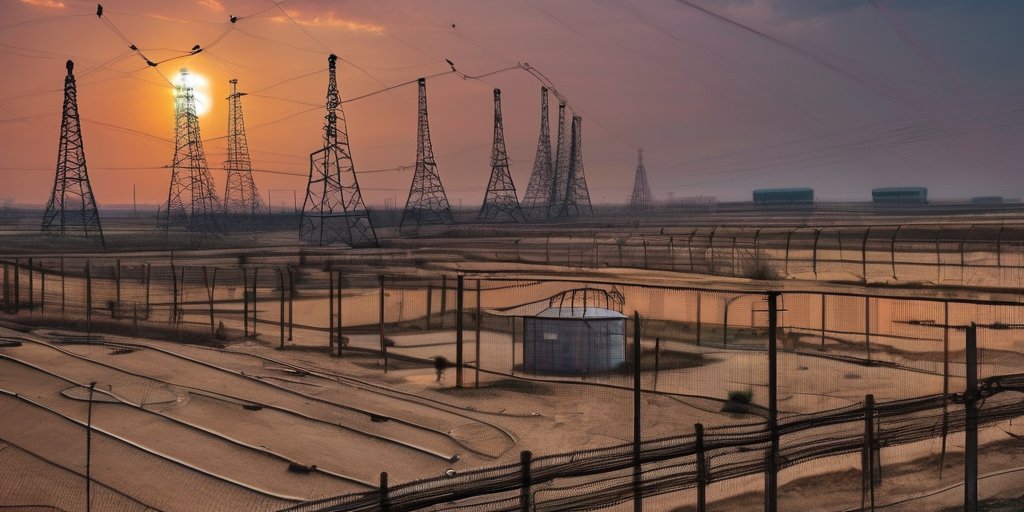In a surprise military operation, the United States conducted airstrikes on three significant nuclear sites in Iran: Natanz, Isfahan, and Fordo. This decisive action has been described by US Defense Secretary Pete Hegseth as having “devastated the Iranian nuclear program,” sparking a wave of condemnation and concern across the globe. Iranian Foreign Minister Seyed Abbas Araghchi labeled the strikes as “outrageous,” warning of “everlasting consequences” for US actions.
British Prime Minister Sir Keir Starmer echoed similar sentiments, highlighting that there is now an increased risk of escalation in the Middle East as a result of these strikes. While he asserted that the UK had no involvement in the US’s military actions, he was notified prior to the strikes and emphasized the importance of returning to diplomatic negotiations. Sir Keir’s focus has been on de-escalation, noting that it is paramount to prevent further conflict and instability in the region.
The UK government has indicated that it is taking all necessary precautions to protect British interests and personnel in the Middle East. Following the airstrikes, British military personnel have been placed on their highest level of alert. The situation remains tense as diplomatic calls for peace escalate, but the prevailing sentiment among UK leadership suggests that ensuring Iran does not acquire nuclear weapons is a priority.
In the midst of this geopolitical turmoil, former President Donald Trump, who previously met with Starmer at the G7 summit, addressed the nation via a televised statement. Trump declared the military operation a “spectacular military success” and warned Iran against further threats, stating that if peace is not established quickly, they would face “far greater” repercussions.
Despite the claims of success from the US side, critics express concerns over the potential for retaliatory measures from Iran, as the President of Israel, Isaac Herzog, praised the strikes but noted his lack of prior awareness regarding their execution.
The International Atomic Energy Agency (IAEA) has reported that Iran’s recent uranium enrichment efforts raise legitimate concerns, as they could amass enough material for approximately nine nuclear weapons. In light of this, the UK’s Secretary of Business, Jonathan Reynolds, emphasized that the situation is a direct threat to global security, reaffirming the UK’s commitment to ensuring that Iran does not possess nuclear weapons.
With tensions high and conflicting narratives emerging from both the US and Iran, the international community watches closely, hoping for a de-escalation rather than an escalation in hostilities.
